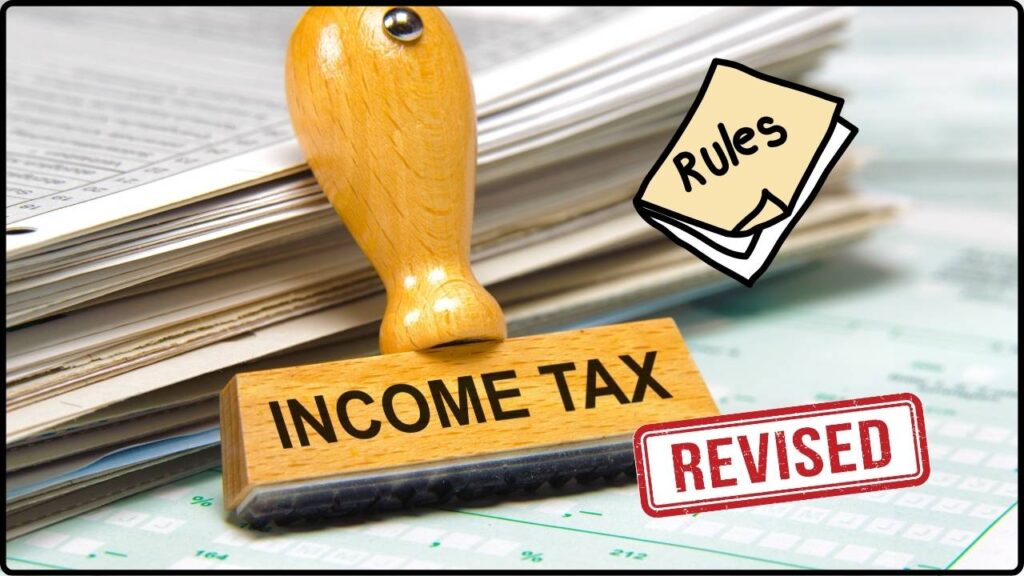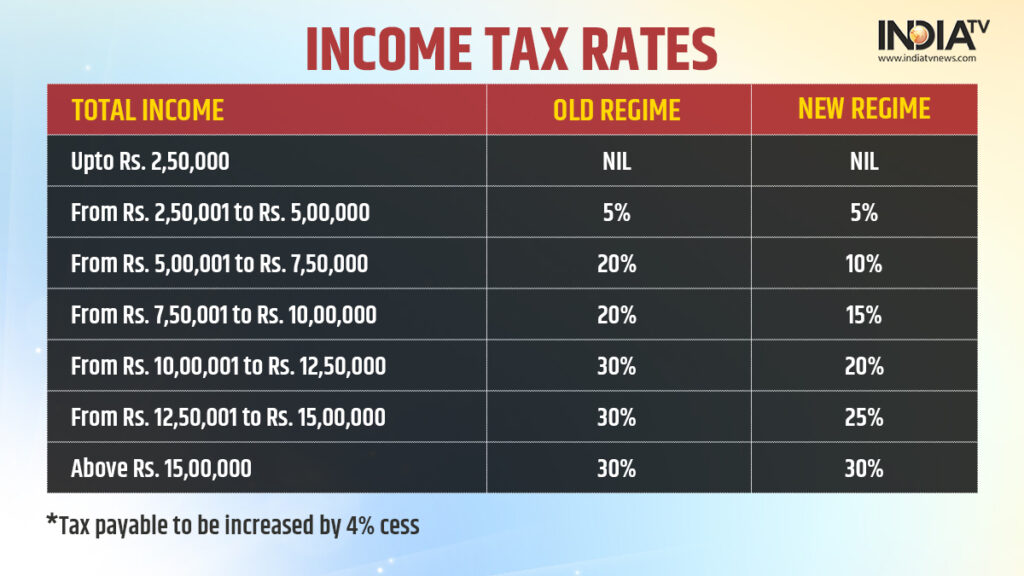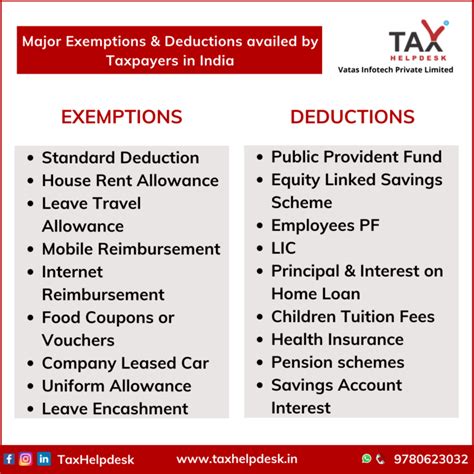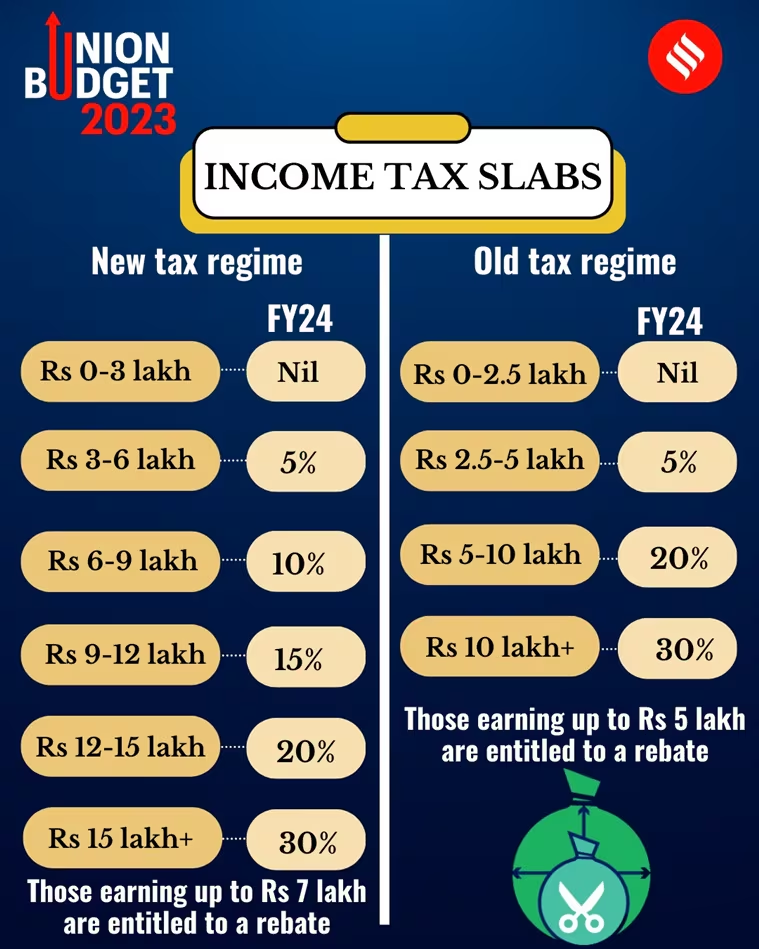
Income Tax Rules Revised: The Income Tax Rules Revised for salaried employees have brought major tax relief in 2025. If you’re a 9-to-5er hustling every weekday or a small business employee juggling multiple roles, this update is a breath of fresh air. The new rules raise the threshold for what India’s CBDT calls “perquisites” — basically, the extra goodies your employer gives you.
Whether it’s a company car, free meals, school tuition for your kids, or overseas medical treatments, the government just made it easier for you to enjoy these without the Taxman dipping his hand into your perks. These changes were announced under the Finance Act, 2025, and officially notified by the Central Board of Direct Taxes (CBDT) on August 18, 2025. They will come into effect starting April 1, 2025, impacting the Assessment Year 2026–27.
Income Tax Rules Revised
The 2025 Income Tax Rule Revisions bring timely and much-needed tax relief to India’s salaried workforce. By raising the perquisite thresholds to ₹4 lakh and ₹8 lakh, the government has acknowledged inflation, cost of living, and the evolving nature of modern compensation. It’s now up to you — the employee — and your HR team to make the most of these rules. With smart planning, proper documentation, and regular salary reviews, you can optimize your income, minimize your tax, and enjoy more of the perks you’ve earned.
| Topic | Details |
|---|---|
| Salary threshold for specified employees | Increased from ₹50,000 to ₹4,00,000 annually |
| Exemption on overseas medical treatment | Raised from gross total income ₹2 lakh to ₹8 lakh |
| Effective From | April 1, 2025 |
| Announced by | Central Board of Direct Taxes (CBDT) |
| Applies To | Assessment Year 2026–27 |
| Official Notification | Read CBDT Notification No. 133/2025 |
| Legal Reference | Income-tax Act, 1961 |
What Are Perquisites in Salary?
Perquisites, often called “perks”, are non-cash benefits provided by employers. Think of them as bonus features that come with your job. These can include:
- Company-paid car or driver
- Rent-free accommodation
- Free meals or coupons
- Utility bill payments
- Paid school fees for children
- Gifts or holiday packages
- Reimbursement for travel or club memberships
The big question has always been: Are these perks taxable?
The answer depends on your income bracket and the nature of the benefit. Up until now, relatively low thresholds made even modest perks taxable. The 2025 updates change that for good.

What Changed in Income Tax Rules Revised?
1. Salary Threshold for Specified Employees Raised to ₹4 Lakh
Previously, any employee earning above ₹50,000 annually (excluding non-monetary perks) was considered a “specified employee” under Section 17(2)(iii) of the Income Tax Act. Once classified as such, most non-cash benefits were taxable.
Now, the limit has been raised to ₹4,00,000 — 8 times higher.
If your basic salary (excluding perquisites) is less than ₹4 lakh per year, you are not a specified employee, and several non-cash perks will not be taxed.
This is a game changer for junior and mid-level employees across sectors — from teachers and nurses to small business staff and customer service reps.
2. Overseas Medical Treatment Perquisite Exemption Increased to ₹8 Lakh
The previous cap allowed employer-paid overseas medical treatment to remain tax-free only if your gross total income didn’t exceed ₹2 lakh. That amount, set in the 1990s, was simply outdated.
Now, that threshold is raised to ₹8 lakh in gross total income, reflecting inflation, increased global travel, and modern medical costs.
If your income is below ₹8 lakh, and your employer pays for foreign medical treatment or travel (for you or a dependent), that expense is now fully tax-exempt.
Real-Life Examples
Example 1: Mid-Level Employee with Education Perks
- Anita earns ₹3.85 lakh per year in salary
- Her company pays ₹45,000 annually for her child’s tuition
- Under the old system, this perk would be taxed
- Under the new rule: Not taxed!
Example 2: Tech Professional with Overseas Medical Benefit
- Rishi’s gross total income is ₹7.95 lakh
- His employer pays for his father’s surgery and travel in Singapore
- No longer taxed under new rules (below ₹8 lakh GTI)
These updates can save thousands in taxes annually — especially helpful for employees in Tier 2 and Tier 3 cities where income is modest but perks are significant.
Global Comparison: How India Stacks Up
In countries like the United States, tax-free benefits include employer-paid health insurance, education assistance (up to $5,250 per year), and retirement contributions.
India’s revised rules bring it closer to global standards, aligning with best practices that recognize non-cash compensation as a vital component of employee welfare.
It also mirrors benefits seen in Singapore and Canada, where medical and education allowances are tax-advantaged, especially for lower-income earners.

How to Take Advantage of Income Tax Rules Revised: Step-by-Step Guide
Step 1: Know Your Salary Components
Review your salary slip or Form 16. Check:
- What is your salary excluding perks?
- Are you under ₹4 lakh? If yes, you’re not a “specified employee.”
Step 2: List the Perks You Receive
Common ones include:
- Car and driver
- Gym memberships
- Housing
- Tuition reimbursement
- Meal coupons
- Utility bill payments
Step 3: Reclassify Components with HR
Talk to your HR or payroll team to:
- Structure your CTC around tax-free perks
- Convert cash bonuses into benefits (where permitted)
- Use Form 12BA to properly document perquisites
Step 4: Keep Proper Documentation
Especially for medical expenses, you must have:
- Doctor’s recommendation
- Travel receipts (boarding passes, tickets)
- Treatment bills
- Invoices with employer’s payment record
Step 5: File Accurately
When filing your ITR:
- Claim only valid, documented exemptions
- Attach Form 12BA if applicable
- Cross-check with Form 16

Employers: What Should You Do?
HR & Payroll Adjustments
- Update HRMS/payroll systems to reflect the new thresholds
- Train HR teams on new tax applicability
- Update offer letters and benefits documentation
Offer Better Perk Packages
Re-design CTCs to include:
- More tax-free allowances
- Health benefits
- Travel reimbursements
- Flexi-perks (customizable by employee)
This not only reduces payroll tax but also boosts employee retention and job satisfaction.
Strategy Tips for Employees
- Switch to the New Tax Regime only if your deductions are limited and you benefit more from these updated perquisite exemptions.
- If your salary is near the ₹4 lakh or ₹8 lakh threshold, consult a tax professional to explore restructuring.
- Request for annual salary restructuring to maximize non-taxable perks like rent-free accommodation, club memberships, or gift cards.
- Make use of HR Flexi Benefit Plans if your employer offers them — many companies are now adding these to support work-from-home, mental health, and fitness needs.
Possible Future Updates
The government may continue aligning income tax rules with global trends. Experts predict:
- Potential increase in HRA (House Rent Allowance) exemptions
- Greater tax credits for gig workers and freelancers
- Enhanced digital filing systems to simplify perquisite reporting
The focus is clearly on modernizing the tax system, increasing compliance, and rewarding structured employment.
Income Tax Department Raids Over 10 Locations Across Tamil Nadu
Income Tax Act 2025 Set To Replace 60-Year-Old Law From April
19 Major Bills Passed Including New Income Tax Act While Opposition Stayed Silent










